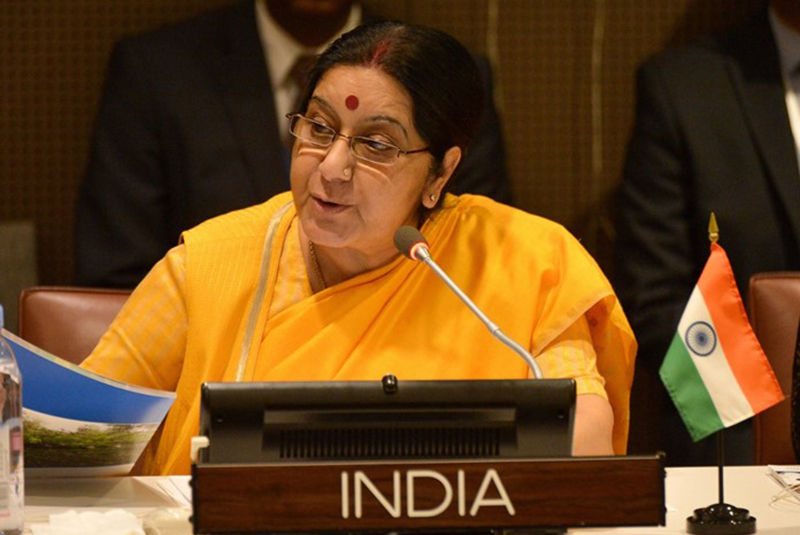Trade, pragmatism and geo-strategic realities: these are the key factors that drive the relationship between India and Central Asia. The recent “India-Central Asia Dialogue” that took place in Samarkand, Uzbekistan – involving the Foreign Ministers of India, Kazakhstan, Turkmenistan, Kyrgyzstan, Tajikistan, Turkmenistan and Uzbekistan – stands as a testimony to this. In this ‘Dialogue’ – where the primary focus of deliberations was on enhancing regional connectivity – Afghanistan took part as a special invitee.
During the discussions, Kazakhstan’s Foreign Minister Beibut Atamkulov proposed the creation of a consortium of member countries to connect Kazakhstan-Turkmenistan-Iran and Kazakhstan-Uzbekistan-Turkmenistan-Iran rail routes to the Chabahar port in Iran.
What does this mean to India? What opportunities does this provide New Delhi to enter the Central Asian markets?
First, the Kazakh initiative should be viewed in the context of trade and economic relations between India and the Central Asian countries. There is an urgent need to establish effective transport routes primarily because India does not have direct access to the region; this is, basically, the main barrier to the development of enhanced economic relations between India and Central Asia.
Copyright©Madras Courier, All Rights Reserved. You may share using our article tools. Please don't cut articles from madrascourier.com and redistribute by email, post to the web, mobile phone or social media.Please send in your feed back and comments to [email protected]











